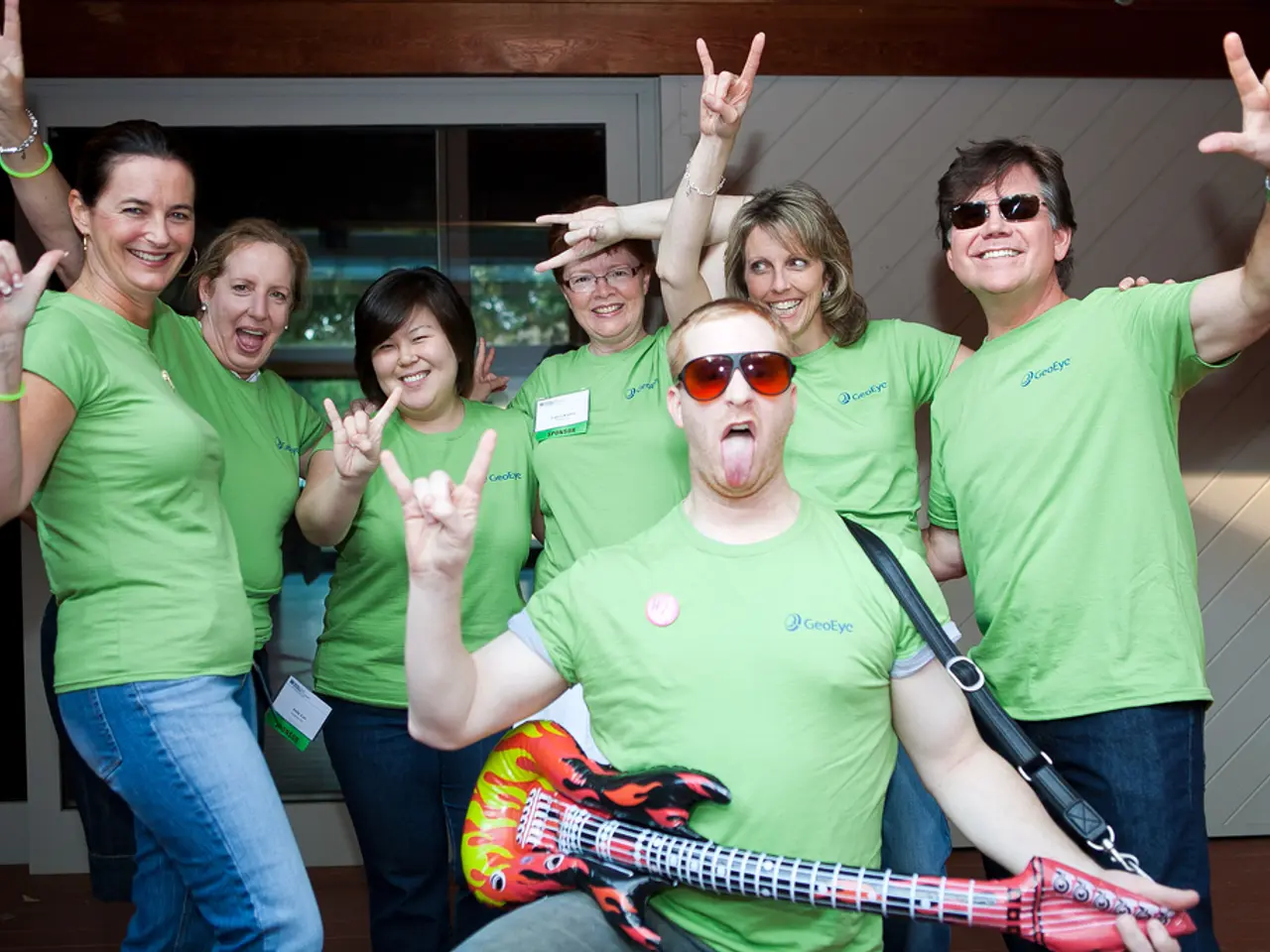Adult Timidity at its Peak: Recognizing Signs and Remedies
For many adults, social situations can be a source of anxiety and discomfort, often leading to feelings of embarrassment or fear of judgment. This condition, known as social phobia or extreme shyness, can significantly impact a person's life, affecting their relationships, work, and overall wellbeing.
Social phobia is characterised by intense fear and avoidance of social situations. Emotional and cognitive symptoms include persistent worry about social interactions, fear of being judged or embarrassed, difficulty making and maintaining friendships, low self-confidence, and self-consciousness in social settings. Physical symptoms can range from blushing and sweating to increased heart rate, chest tightness, and dizziness. Behavioral symptoms may include avoiding social situations, difficulty speaking, making eye contact, or participating in conversations, and extreme nervousness before social events [1][3][5].
The causes of social phobia are complex and multifaceted. Genetic factors play a role, as the condition can run in families. Brain mechanisms also contribute, with certain areas involved in fear and anxiety regulation being implicated. Environmental and stress factors, such as overprotective or too-demanding parents, lack of affection, or humiliating experiences, can also trigger or worsen symptoms [1][4].
The consequences of untreated social phobia can be severe. Impaired social functioning, negative impact on academic, occupational, and daily life, potential for long-term distress, isolation, and reduced quality of life, and physical symptoms that may lead to other health issues are all possible outcomes. Avoidance behaviors can further reinforce and worsen anxiety [2][5].
Fortunately, treatments are available to alleviate the symptoms of social phobia and improve quality of life. Psychotherapy, particularly cognitive-behavioral therapy (CBT), has been proven effective. CBT focuses on changing thought patterns and gradually exposing patients to feared social situations. Medications such as selective serotonin reuptake inhibitors (SSRIs) or other anti-anxiety medications may also be prescribed [2].
Self-help and lifestyle measures, such as relaxation techniques, stress management, and social skills training, can also be beneficial. Early intervention is key, as therapy can help regain social confidence and reduce avoidance [2].
It is important for adults with social phobia to seek professional help. This article is informative and does not provide a diagnosis or treatment recommendation. If you or someone you know is struggling with social phobia, it is recommended to consult a mental health professional.
In conclusion, social phobia is a psychological disorder located within the group of anxiety disorders. It is a complex condition with genetic, environmental, and brain mechanism causes. However, with the right treatment and support, it is possible to overcome social phobia and lead a fulfilling life.
- Mental health professionals often use cognitive-behavioral therapy (therapies-and-treatments) to help individuals with social phobia change their thought patterns and gradually confront their feared social situations, improving their quality of life.
- Social phobia, a psychological disorder categorized under anxiety disorders, can have severe consequences if left untreated, including impaired social functioning, negative impact on academic, occupational, and daily life, and potential long-term distress, isolation, and reduced quality of life.
- The complex causes of social phobia can stem from genetic factors, brain mechanisms, environmental factors such as overprotective or too-demanding parents, lack of affection, or humiliating experiences, and even past social psychology research (social psychology).
- Managing social phobia may involve various self-help measures like relaxation techniques, stress management, and social skills training (health-and-wellness), in addition to professional treatments such as medications like selective serotonin reuptake inhibitors (science, mental health).




